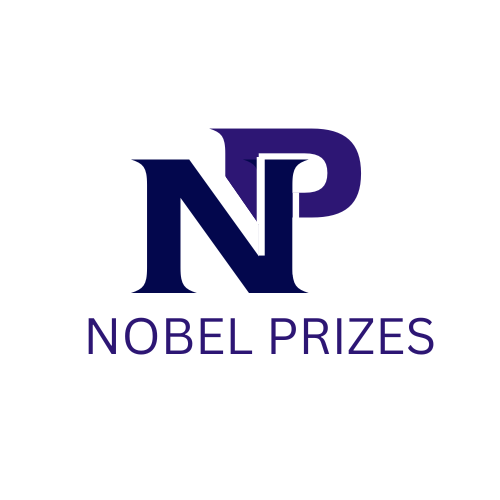

Do you have any questions regarding Nobel prize distribution?
You are in the right place.
The Nobel Prizes are prestigious international awards recognizing exceptional achievements in the fields of Physics, Chemistry, Medicine, Literature, and Peace. The Nobel Prize in Economic Sciences was added later in 1968. The prizes are awarded annually in recognition of groundbreaking contributions that have had a significant impact on humanity.
Nobel laureates are selected by various committees associated with each prize category, such as the Royal Swedish Academy of Sciences for Physics and Chemistry, the Karolinska Institute for Medicine, and the Norwegian Nobel Committee for the Peace Prize. Nominees are proposed by experts in each field and undergo a rigorous selection process.
Anyone can propose a candidate for a Nobel Prize, but only recognized experts in their respective fields (e.g., university professors, prior laureates, directors of research institutes) are eligible to submit nominations.
The reason for this confidentiality is also to prevent undue influence on the nomination process, ensuring that no one can be pressured into nominating a particular candidate for personal, political, or financial reasons.
The first Nobel Prizes were awarded in 1901 and they have been awarded annually since then. There have been years in that time when the Nobel Prizes have not been awarded - mostly during World War I (1914–1918) and II (1939–1945).
The Nobel Prizes are funded through the Nobel Foundation, which manages Alfred Nobel’s estate and ensures the continuity of the awards.
You can stay updated with the latest Nobel Prize announcements through the official website, social media, or by subscribing to our newsletter for the latest news and updates.
The Nobel Prizes are five separate prizes awarded to those who, during the preceding year, have conferred the greatest benefit to humankind, as established by the 1895 will of Swedish chemist and engineer.
At the age of 17, activist, writer, and producer Malala Yousafzai became the youngest person to win the Nobel Peace Prize. Now, Stranger at the Gate, a documentary that she executive produced, is nominated for an Oscar.
Since March 1901, it has been awarded annually (with some exceptions) to people who have "done the most or the best work for fraternity between nations, for the abolition or reduction of standing armies and for the holding and promotion of peace congresses."